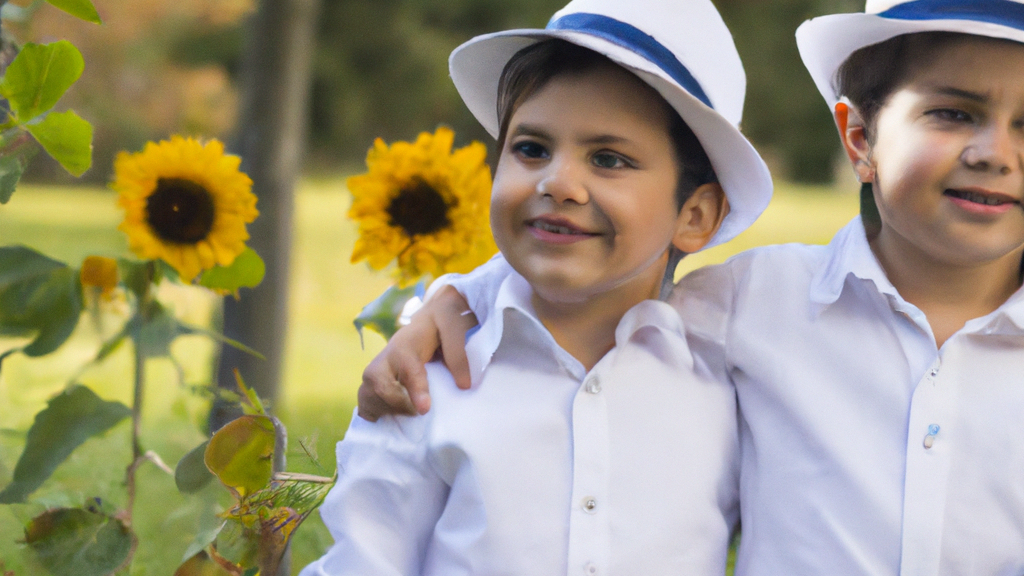Loss is an inevitable part of life, and children, just like adults, experience various forms of loss. It could be the death of a loved one, a pet, a divorce, moving to a new place, or even a change in schools. As parents and caregivers, it’s essential to understand how to help children deal with loss effectively. By providing the right support, we can help them navigate through their grief and build resilience. In this article, we will explore strategies to support children through loss and provide them with the comfort they need during difficult times.
Definition of Loss
Loss can be defined as the experience of being deprived of someone or something valuable. It encompasses both tangible and intangible aspects of life. For children, loss can be particularly challenging as they may struggle to comprehend and express their emotions fully. It’s crucial to recognize that each child’s experience of loss is unique and should be treated with empathy and understanding.
Types of Loss
Loss can manifest in various forms, and it’s important to acknowledge and validate each type. The most common types of loss experienced by children include:
- Death: The loss of a family member, friend, or pet can have a profound impact on children. Understanding death and helping children deal with loss cope with grief is crucial in these situations.
- Divorce or Separation: When parents separate or divorce, children often experience a sense of loss due to the significant changes in their family structure and dynamics.
- Relocation: Moving to a new place, leaving familiar surroundings, and saying goodbye to friends can be distressing for children, causing feelings of loss and loneliness.
- Change in Schools: Transitions to new schools can be overwhelming for children, resulting in feelings of loss as they leave behind their familiar routines and friendships.
Understanding Children’s Grief
Children’s grief is unique and may differ from how adults express their emotions. They might not have the vocabulary to articulate their feelings or fully understand what they’re going through. It’s important to recognize and respect their grieving process, providing a safe space for them to express their emotions.
Impact of Loss on Children
The impact of loss on children can vary depending on factors such as age, personality, and previous experiences. Some common reactions to loss in children include:
- Emotional Distress: Children may experience a wide range of emotions, including sadness, anger, guilt, and confusion. It’s crucial to allow them to express these emotions without judgment.
- Behavioral Changes: Loss can manifest in changes in behavior. Children may exhibit withdrawal, irritability, changes in sleep patterns, or difficulties concentrating.
- Physical Symptoms: Grief can also have physical manifestations. Children may complain of headaches, stomachaches, or experience changes in appetite.
Strategies for Supporting Children
As parents and caregivers, we can play a vital role in supporting children through loss. Here are some strategies to help them navigate their grief:
Creating a Safe Environment
A safe environment is essential for children to express their emotions and feel supported. Encourage open communication, active listening, and create a nurturing space where they feel comfortable sharing their thoughts and feelings.
Encouraging Open Communication
Open and honest communication is key when supporting children through loss. Encourage them to talk about their feelings, thoughts, and memories related to the loss. Be patient, non-judgmental, and provide reassurance that their emotions are valid.
Validating and Normalizing Feelings
Let children know that their feelings are normal and natural. Avoid dismissing or minimizing their emotions. Instead, validate their experiences and assure them that it’s okay to grieve.
Providing Age-Appropriate Information
When discussing loss with children, it’s important to provide information that is suitable for their age and developmental stage. Use simple language and be honest in your explanations. Answer their questions in a clear and concise manner, addressing any misconceptions or fears they may have.
Maintaining Routines and Structure
During times of loss, maintaining regular routines and structure can provide a sense of stability for children. Stick to familiar schedules, such as mealtimes, bedtime routines, and school activities. Consistency helps children feel secure and helps them cope with their emotions.
Seeking Professional Help if Needed
While most children can navigate their grief with the support of their loved ones, some may require professional help. If you notice persistent signs of distress, prolonged withdrawal, or a significant decline in functioning, consider seeking guidance from a mental health professional who specializes in children’s grief.
Self-Care for Parents and Caregivers
Supporting children through loss can be emotionally demanding for parents and caregivers. It’s essential to prioritize self-care to maintain your own well-being. Engage in activities that recharge you, seek support from your own network, and don’t hesitate to ask for help when needed.
Conclusion
Supporting children through loss requires empathy, understanding, and active engagement. By creating a safe environment, encouraging open communication, validating their feelings, and providing age-appropriate support, parents and caregivers can help children navigate their grief and build resilience. Remember, each child’s experience of loss is unique, and it’s crucial to meet them where they are and provide the support they need during these challenging times.
